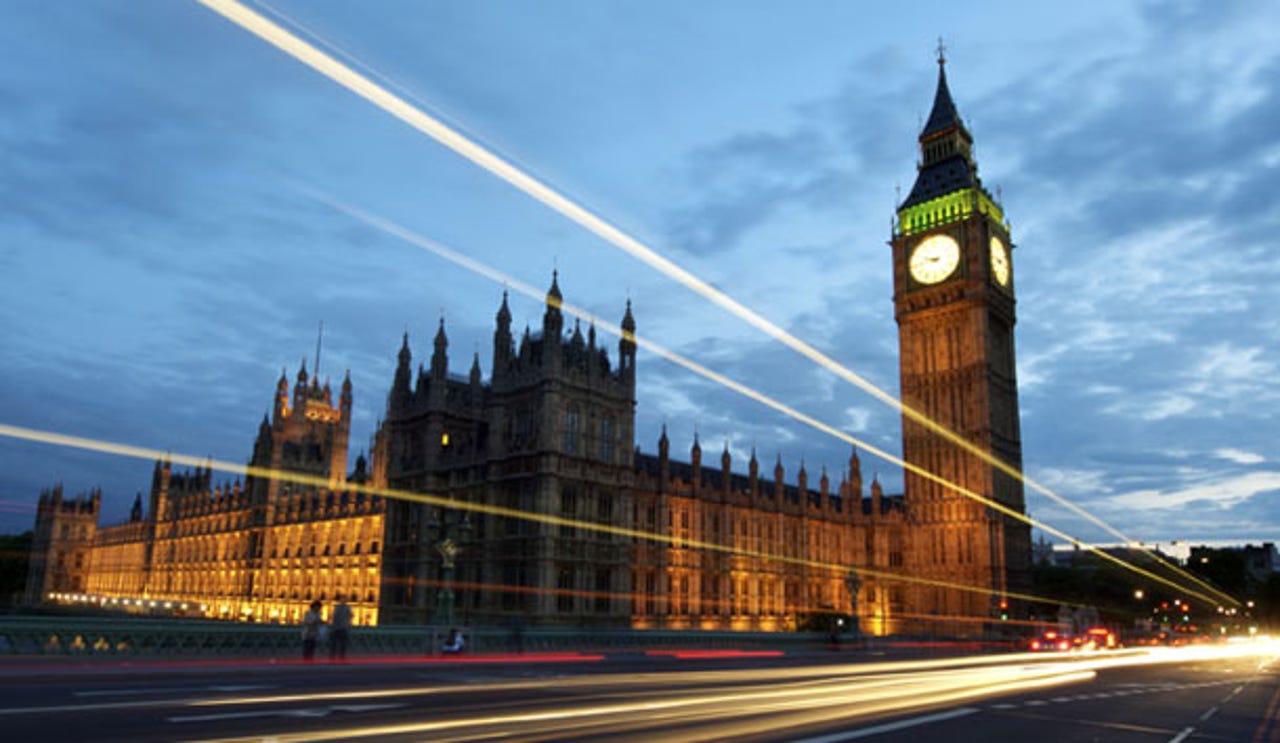Internet giants rebel against 'snooper's charter'


Google, Microsoft, Facebook, Twitter and Yahoo have dug in their heels and warned they will have no part in the U.K.'s proposed "snooper's charter."
In a leaked letter, dated 18 April, addressed to home secretary Theresa May and obtained by The Guardian, the five tech giants say they will have no part in the U.K. government's plans to introduce a "snooper's charter," -- the proposed Communications Data Bill.
The bill requires foreign companies operating online to store data concerning U.K. users for up to 12 months. This means that email communications, Internet usage and social media accounts can be tracked. In addition, state agencies will be allowed to track your phone and gather data including who you have called, when, and where from.
Hundreds of agencies including the National Health Service and drug enforcement agencies will be able to demand your communications data without the need for a court order. Some U.K.-based agencies already have powers to access this private information, but the bill would pass on this power more widely.
Google, Microsoft, Facebook, Twitter and Yahoo warn they will not voluntarily co-operate with the legislation should it go ahead, branding the plans "expensive to implement and highly contentious."
"We do not want there to be any doubt about the strength of our concerns in respect of the idea that the U.K. government would seek to impose an order on a company in respect of services which are offered by service providers outside the U.K," the letter reads.
"The internet is still a relatively young technology. It brings enormous benefits to citizens everywhere and is a great force for economic and social development. The U.K. has rightly positioned itself as a leading digital nation.
"There are risks in legislating too early in this fast-moving area that can be as significant as the risks of legislating too late."
The tech giants' cooperation is necessary if May wishes to proceed with her £1.8 billion communications data plan. May argues that the bill is essential for law enforcement and intelligence agencies to perform, and that giving them unbridled access to private data is a "tool they need" to fight criminals including pedophiles and terrorists.
However, the companies argue that passing the bill will result in an international floodgate of countries seeking access to company-stored data -- resulting in a "chaotic world" that would both threaten individual privacy and make Internet firms' lives difficult, with "potentially seriously harmful consequences."
In addition, the companies argue that the home secretary's bill will jeopardize the freedom of expression online and the "open Internet." The tech giants are willing to make "reasonable accommodations" to reflect law enforcement concerns and the need to submit to legal data request requirements, but May's proposals go far beyond what they consider to be acceptable.
Home Office ministers would prefer to rely on the voluntary cooperation of Internet firms. However, if the top five are so against the legislation, it is likely others will follow suit. Google, Microsoft, Facebook, Twitter and Yahoo have proposed that instead of May's extreme measures, other approaches can be taken -- including a U.K.-U.S. bilateral initiative which would make requests for personal communications data more efficient.
The government is yet to reveal how, and if, it would enforce the cooperation of Internet giants. However, officials have confirmed that in extreme cases, the use of a probe -- otherwise known as a "black box" -- could be used to intercept data once it passes through British networks.